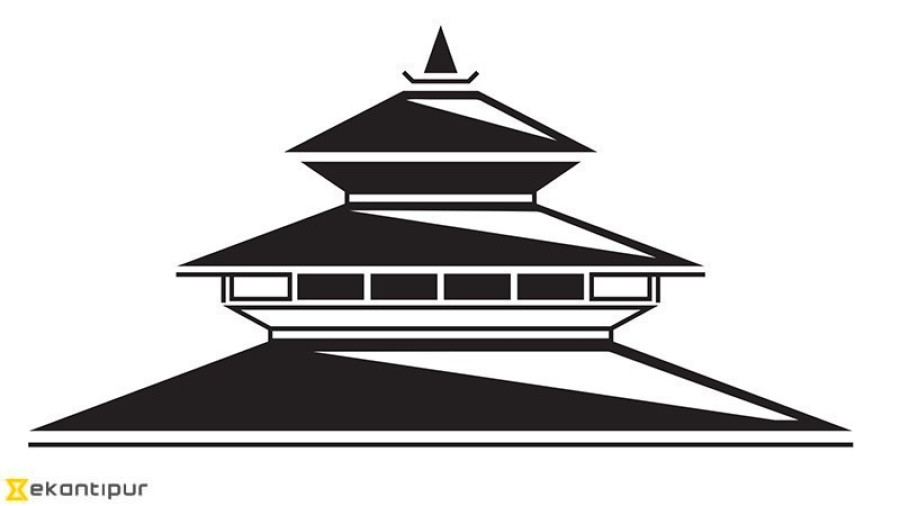Editorial
Rights priorities go wrong
Extension of TJ commissions’ terms without giving them legislative muscles means little
The two transitional justice commissions—the Truth and Reconciliation Commission (TRC) and the Commission of Inquiry on Enforced Disappeared Persons (CIEDP)—were formed two years ago, but they have barely managed to do much more than simply collect complaints.
However, this is not the fault of the commissions; they have been severely hobbled by lack of cooperation from the government, and because a number of laws need to be passed or amended for them to operate. Now, the terms of these commissions come to will end on February 9. The legislation allows for an extension of up to a year, and it is likely that the Ministry of Peace and Reconstruction will allow this. However, an extension alone will not enable the commissions to complete their work. If the government and political parties act with the same disregard towards the commissions as they have done in the past, it is more than likely that the commissions will not accomplish anything more in the next year.
As a first step, the parties need to pass or amend the various laws which it has promised in the past. First and foremost, the legislation must be amended to prohibit the TRC from granting amnesties for serious human rights violations. This is something that the government has already promised to the UN Human Rights Council, and it is essential if the commissions are to receive much-needed support from international organisations.
In addition, the government needs to pass laws that criminalise torture, so that the CIEDP has a legal framework to hold investigations. Furthermore, it will be necessary to pass a law prohibiting torture. And there also needs to be a law that recognises sexual violence committed during the conflict as a crime. The absence of any such recognition has prevented many women who suffered during the conflict from gaining redress from the state.
Finally, the parties need to draft and promulgate legislation on the special court that will prosecute serious human rights violations. A law on the special court had been drafted in the past, but the Supreme Court argued against it, stating that it allows the special court to supersede the authority of the Supreme Court. A new bill must ensure that the decisions of the special court can be reviewed by the Supreme Court.
The sheer numbers of laws that need to be passed or amended mean that getting the transitional justice process back on track will be an extremely challenging task. It is also evident that there is very little political will to push the process forward—the parties have barely spent any time thinking about these issues in recent months. This is why continual civil society pressure is needed. It might take a long time still, but the parties need to realise that a transitional justice process that satisfies the needs of victims is non-negotiable.




 9.7°C Kathmandu
9.7°C Kathmandu














